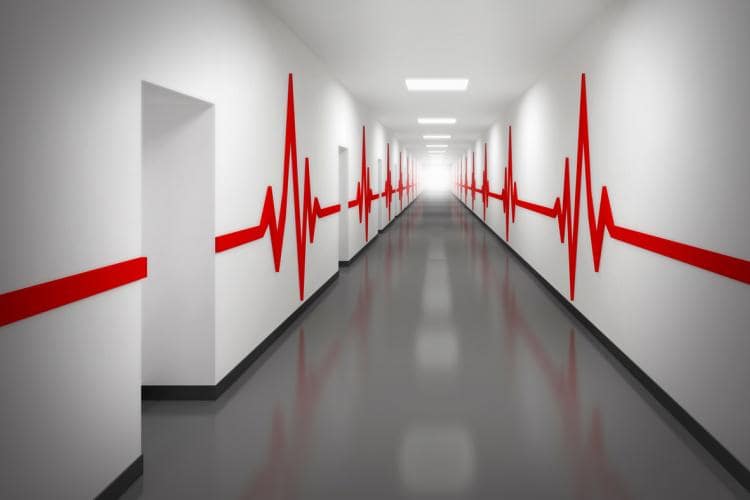Don't Die from the Hospital
Hospitalization can be a pretty bad experience. Almost everyone needs a guardian to protect them while there. Here are some observations that may help you.

Hospitals are wonderful places if you are very sick and need care. Top US hospitals have excelled in delivering leading-edge treatments and saving lives. But once that goal has been achieved, the rest of the care too often falls short.
The problems start at the moment of arrival. If you are coming through the emergency room and your records are on not on the hospital’s electronic medical record system, the data you give may or may not be accurate. Your memory may fail you in the tension of the moment, and the diseases you have had in the past or the medicines to which you are allergic may be forgotten. The solution: carry a copy of or a link to your complete medical record on your phone.
In general, you need a protector watching over you at all times in the hospital. The excellent nurses and doctors are carrying too many responsibilities to get everything exactly right—and one small error may mean that your lifetime is shortened.
Bringing a smile into the hospital and maintaining it during every interaction with the staff will go a long way to improving your care. When you make others feel at ease and appreciated, they care for you with ease and appreciation. No matter how serious your condition, try to find the hopefulness and—better still—the humor in the situation. Additionally, the calmness and confidence you exude infuses the care team. Anxious, angry patients, unfortunately, get angry, anxious care. Your guardian also influences your care. Be sure he or she reflects your mission: to get healed and get out of there intact, without complications. Your personal team must help the hospital team deliver.
A doctor or nurse’s evaluation may be the first real contact you have in the hospital. The time they take to assess you, the quality of their listening, and their exam may be high or low, fast or slow. Insist (or have your guardian insist) that you be completely undressed during this step; let no part of you be left to chance.
The IV placed in your arm is often the first invasion of your body. This may be done with a highly sterile technique (the arm washed with alcohol and chlorhexidine, which has been shown to reduce contamination) or just a quick swipe with an alcohol swab. Insist on the more thorough wash.
The tests ordered for your condition may be the best ones—or maybe not. Be sure to have your primary care provider, who knows you, call in and speak to the doctor. Nothing beats a long-term patient/physician relationship. The great personal doctor whom you selected and stuck with, with his or her deep knowledge of you and no other conflicting priorities, is the best medicine. If you don’t have one, or are in a system that doesn’t assign you one doctor who knows you well, you may be out of luck in this regard.
Once admitted and treated, after surgery or whatever else was necessary, the post-procedure stay in the hospital has been significantly shortened. This is mostly a good thing since too many bad things happen in hospitals. Still, you (or the guardian angel/nurse/friend/family member who has volunteered to stay with you) must insist on several things. First, the vital signs that are taken every few hours, all night long, guarantee a lack of sleep. They are often not necessary. Unfortunately, if the doctor checked the box for routine orders and did not think about it, your sleep is compromised.
Second, insist on a private room. The data on shared rooms in hospitals is awful from an infection, sleeplessness, and quality of experience point of view. Bring in a pair of noise-canceling headphones. As with being on an airplane, there is very little you need to hear most of the day in a hospital.
Third, if you are post-surgery, get the PT and OT staff involved immediately. Even if you are bedridden, they can work on massaging your feet and exercising your arms within your doctor’s limits. Hands-on therapy does a world of good for the body and the mind. Some hospitals allow outside massage therapists, PTs, and trainers to come in. If they do, hire them if you can.
Finally, order in great food. Food delivery from high-quality restaurants is available in every major city. Your nutrition counts. High-protein diets often help patients’ recovery from injury and surgery. Check with your doctor—but eat well to live well.
Getting so sick or injured that you land in a hospital is bad luck. Getting well is an art form that requires all your imagination, engagement, and persistence. Bring this skill set to the hospital with you so that you can leave with gratitude and the determination to not return.
